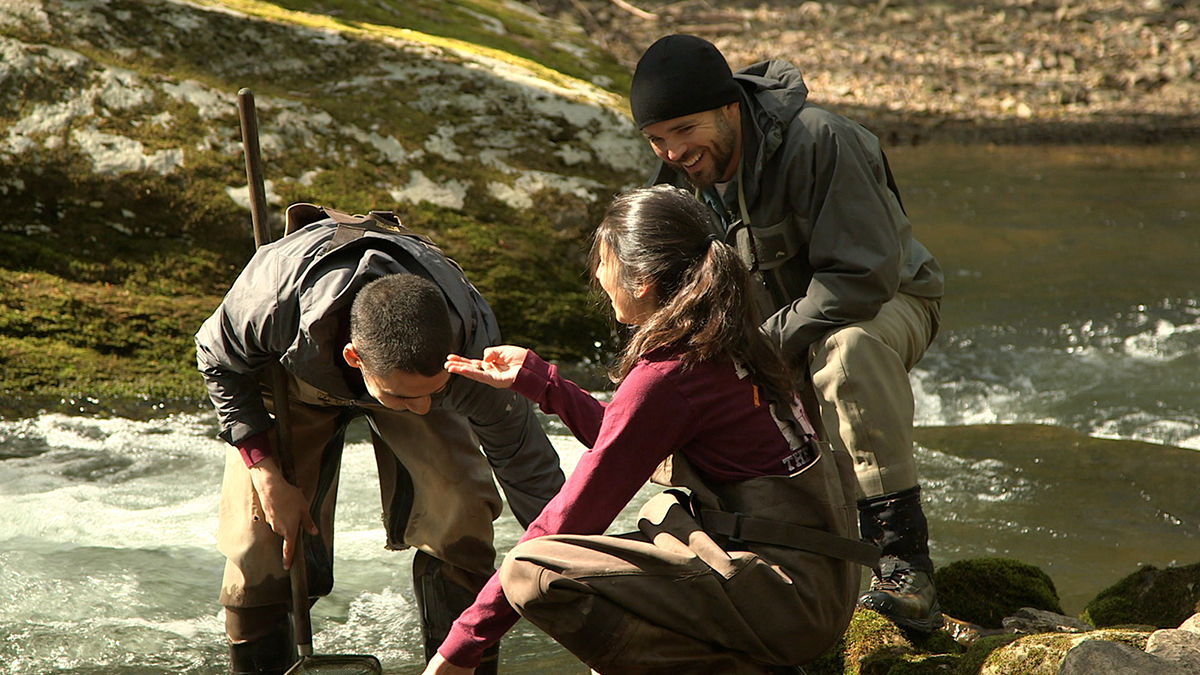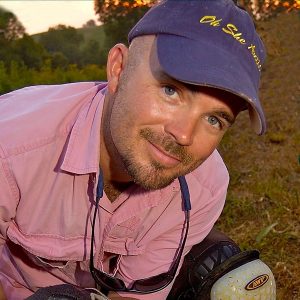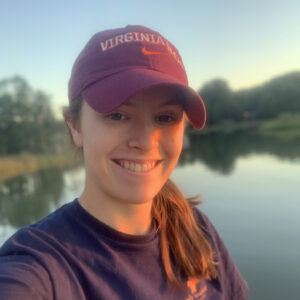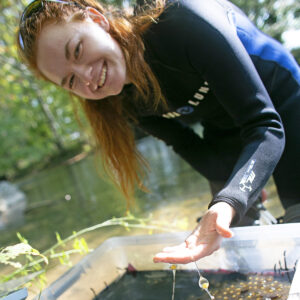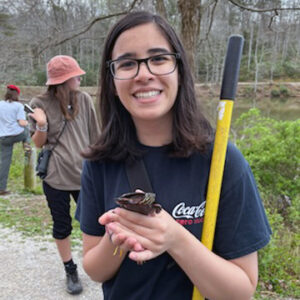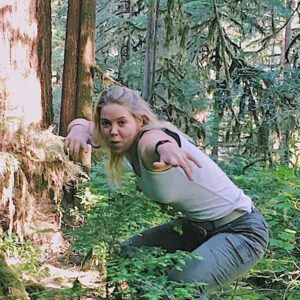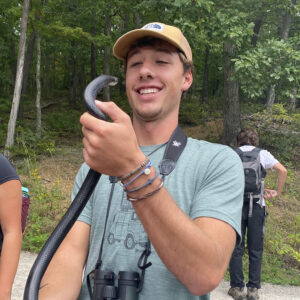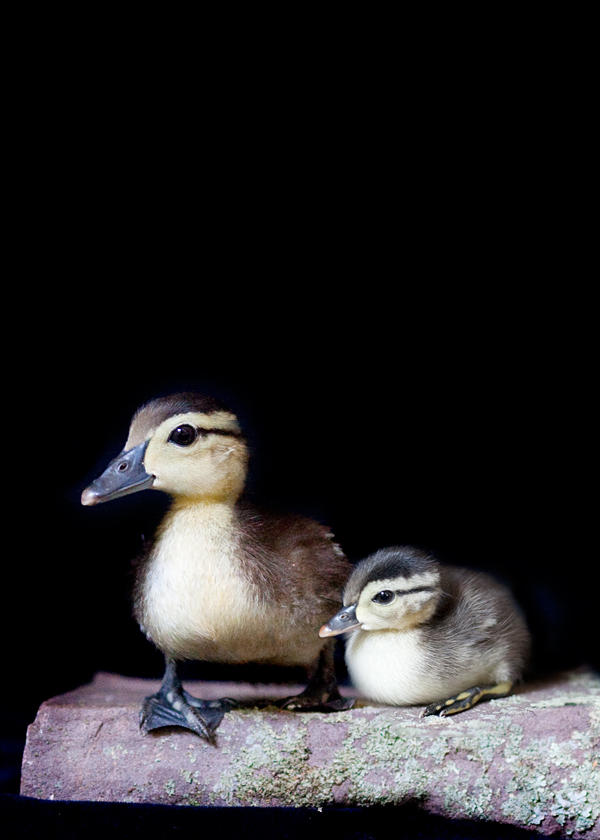Bill Hopkins
Professor
Dr. Hopkins is a Professor in the Department of Fish and Wildlife Conservation in the College of Natural Resources and Environment at Virginia Tech. He is also the Director of the Global Change Center at Virginia Tech (The Fralin Life Sciences Institute). He holds additional Adjunct Professor appointments with the University of Georgia’s Odum School of Ecology and the College of Pharmacy’s Interdisciplinary Toxicology Program where he is also a member of the UGA Graduate Faculty.
Dr. Hopkins’ research focuses on physiological ecology and wildlife ecotoxicology, addressing pressing questions in both basic and applied science. To date, he has published more than 165 peer-reviewed manuscripts and book chapters on subjects pertaining to environmental stressors, pollution, and the physiological ecology of amphibians, reptiles, birds, and bats. His work is heavily cited in the scientific literature and he frequently provides input on important environmental issues to the media (e.g., 60 minutes, NPR, etc.) and to decision makers in Richmond, VA and Washington D.C.

